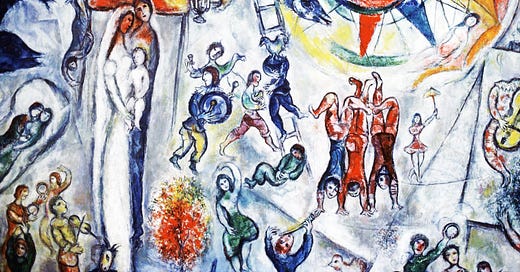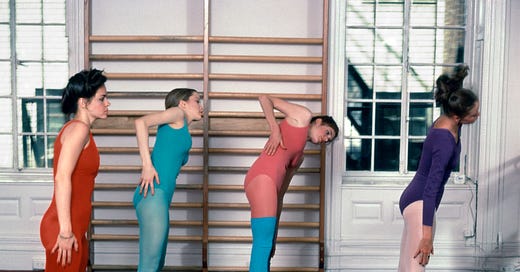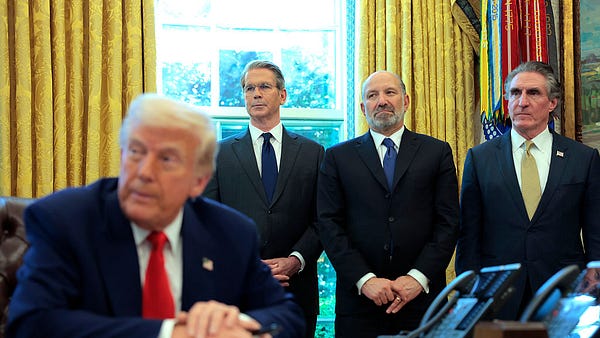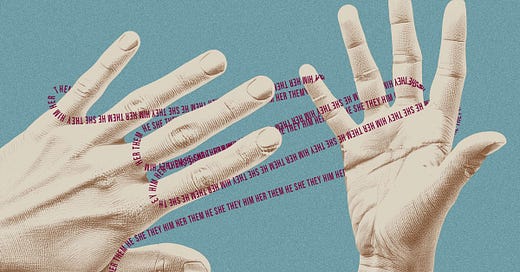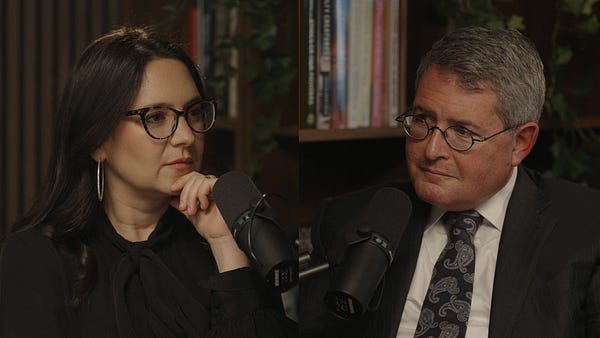
The first episode of Seinfeld aired in 1989. Thirty-five years later, the show remains at the apex of American culture. People speak in Seinfeld-isms. They flirt on dating apps over Seinfeld. They rewatch old episodes of Seinfeld when they’re feeling down. Or, in the case of the Weiss family, for no reason at all: my dad still watches reruns every night from 11 p.m. to 12 a.m. on the local Pittsburgh station before he goes to sleep.
It was supposedly a show about nothing, but that’s what made it so universal. Everyone can relate to trying to find your car in a parking garage. Everyone knows the feeling when your book is overdue at the library and you don’t want to pay the fee. Everyone understands the frustration of waiting for a table at a restaurant. Everyone—or at least half of the population—has dealt with the issue of shrinkage.
If you didn’t—or don’t—laugh during Seinfeld, something was wrong with you.
That’s why it was a bit strange and unexpected when, a few months ago, Jerry Seinfeld suddenly became “controversial.”
In early October, Jerry—along with 700 other Hollywood stars—signed a letter condemning Hamas and calling for the return of the hostages. For that crime—the crime of saying terrorism is bad and innocent people should be released—crowds started protesting the events he attended and the speeches he gave, and heckling him in public.
A few weeks ago, when Jerry gave the commencement address at Duke University, some students walked out in protest. Then, his stand-up set was disrupted by protesters, to which Seinfeld quipped: “I love a little Jew-hate to spice up the show.” The crowd applauded.
Jerry Seinfeld made the most successful show about a Jew ever to exist. This was no small feat. In fact, one NBC executive, after watching the Seinfeld pilot for the first time in 1989, didn’t think it should even go to air. He said it was “too New York and too Jewish.”
And yet. . . it worked. And as Seinfeld spent years making Jewishness an iconic part of American pop culture, Jerry says he experienced not a drop of antisemitism.
But now, during a time that is supposed to be the most inclusive, the most sensitive, the most accepting, and the most tolerant in human history, Jerry Seinfeld is targeted for being a Jew.
Jerry often says that the audience is everything. That’s the whole point of comedy. There is no joke if nobody laughs. But today on Honestly, we ask Jerry if he still trusts the audience in an age where the audience can start to feel like a mob.
You’ve probably heard or seen Jerry somewhere recently—from The New Yorker to GQ to . . . every podcast in the world. That’s because he has a completely delightful new movie out called Unfrosted, which you should watch tonight on Netflix.
But today’s conversation with Jerry is unlike the ones you’ve heard. He’s unfiltered. He’s emotional. And he’s speaking his mind.
Watch our conversation in full below, catch it on the Honestly feed wherever you get your podcasts, or scroll down for an edited transcript.
On making a movie about Pop-Tarts and his own nostalgia:
Bari Weiss: We’re meeting at a particular moment in which Trump’s probably going to be president.
Jerry Seinfeld: I don’t like that kind of talk.
BW: Okay. Trump may or may not be president. Ivy League jihadis are marching through campuses in the street. It’s not exactly a relaxing moment. But you go and make a movie about. . . breakfast. Why?
JS: In the early days of comedy, we often would get gigs called nooners. In the middle of the day. A lot of times it was at a school. And I remember doing one, and I was doing this bit about cereal. And this big woman stood up in the middle and she said, “Why are you talking about this?” And I said, “Because I like to.” And a good friend of mine said to me years later, “That’s when I realized what a real comedian is.” That’s the answer to the question. That’s why I made a Pop-Tart movie. Because I want to.
BW: It has this amazing cast. Amy Schumer, Bill Burr, Jim Gaffigan, Hugh Grant. . . and it’s just a total distraction from everything going on.
JS: We started during Covid because I couldn’t take the sad faces. In comedy, we hate that. We can’t fix the world, but we just want to make a face happy, even just for a few minutes. I was saying to a friend of mine today, “It’s one of the greatest Jewish traditions.” That’s why there are so many Jewish comedians and such a great tradition of comedy in the culture of Jewish people. With all their crap that they had to live with, they used their incredible brains to make each other laugh. You do what you have to do and save a big part of your head to laugh. Because that will get you through a lot of things.
BW: As I was watching the movie—which takes place in the ’60s—I was thinking about how the thing that was present then that I feel like isn’t now is a sense of one conversation. A common culture. Is this part of your own nostalgia for a time that feels like another planet?
JS: Of course. But there’s another element there that I think is the key element, and that is an agreed-upon hierarchy, which I think is absolutely vaporized in today’s moment. We have no sense of hierarchy. And as humans, we don’t really feel comfortable like that. So, that is part of what makes that moment attractive, looking back.
And the other thing is, as a man—can I say that?
BW: Are you? I didn’t ask your pronouns.
JS: Well, I always wanted to be a real man. I never made it. But I really thought when I was in that era—it was JFK, it was Muhammad Ali, it was Sean Connery, Howard Cosell—that’s a real man. I want to be like that someday. But I never really grew up. I mean, you don’t want to grow up, as a comedian, because it’s a childish pursuit. But I miss a dominant masculinity. Yeah, I get the toxic thing, I get it. But still, I like a real man.





